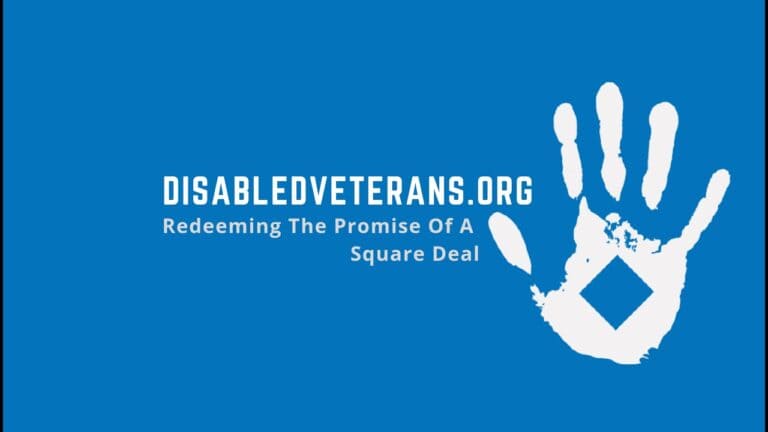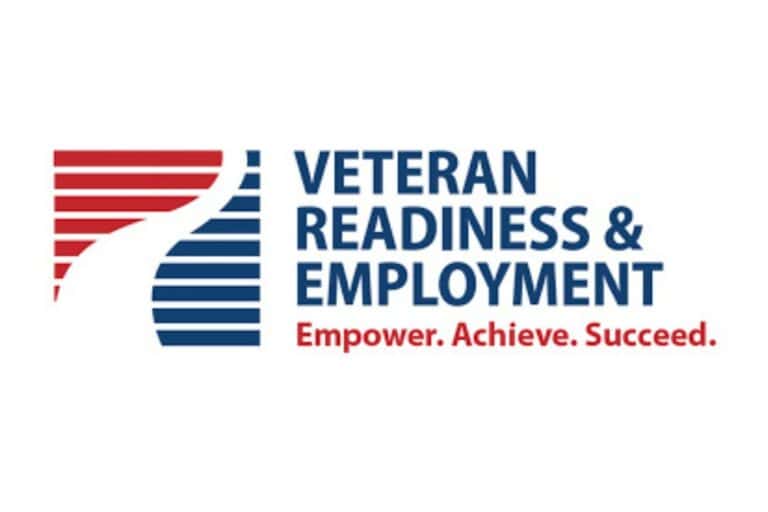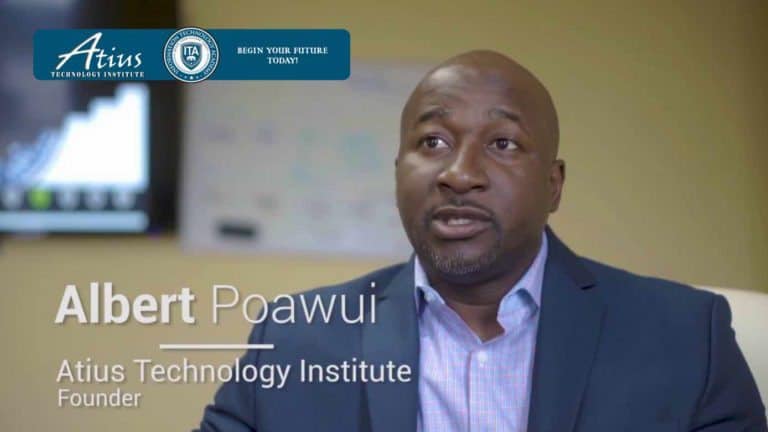Vocational Rehab to Pay Health Insurance Fees for Veterans
Directing Fanning Takes Stand for Disabled Veterans
DisabledVeterans.org is pleased to announce that Department of Veterans Affairs (VA) Director Ruth Fanning has pledged that Chapter 31 Vocational Rehabilitation and Employment will fund health insurance for disabled veterans in college.
Director Fanning stated, “It’s an important issue. I fought for inclusion of other fees, such as parking and computers. Covering health insurance, when required, is the right thing for the VA to do.”
The head of Chapter 31 Vocational Rehabilitation & Employment (Voc Rehab) went on to state during the meeting that it was time for the Chapter 31 program to step up for veterans in covering all required expenditures.
Hands down, Chapter 31 Vocational Rehabilitation is one of the most robust retraining programs available through the government. The program provides customized retraining through higher education and technical training for disabled veterans throughout the U.S. and internationally.
According to Title 38, Chapter 31 Vocational Rehabilitation statutorily requires the VA to pay for all required expenses for a disabled veteran to be retraining following diagnosis of a permanent injury caused by the veteran’s military service. This includes tuition, parking, fees and study materials. Now, it will also include health insurance fees.
Update: The official policy change letter came out June 27, 2012. VA Vocational Rehabilitation Pays For Health Insurance.
https://www.disabledveterans.org/wp-content/uploads/2012/06/VRE-Letter-28-12-32.pdf
Disabled Veterans Forced to Waive Private Health Insurance
For years, colleges have required their students to carry health insurance. This practice developed so that students would be able to receive care anywhere during the school year.
Should the student be injured anywhere, colleges did not want to risk the student’s ability to attend college due to financial problems resulting from expensive healthcare costs. Plus, the practice encourages students to keep on top of health concerns rather than forgoing care and risking the health of other students.
Since the evolution of insurance requirements, Veterans Affairs regional offices developed unofficial policies that required disabled veterans to waive any college insurance requirement. In order to do this, veterans were instructed to provide their social security number as the insurance policy number.
When asked, Vocational Rehabilitation counselors at regional offices claimed that VA healthcare is the same as insurance. However, it is not, since insurance funds healthcare but is not healthcare in and of itself.
Additionally, when a veteran is injured away from a VA medical center, the VA has a poor record paying the 3rd party provider bills before they are submitted to a collections agency. For that reason, the waiver policy defeats the intent of the insurance requirement. Thus, many veterans have risked their credit scores and training due to this informal policy that deviated from Congress’s intent in Title 38.
During a meeting with DisabledVeterans.org founder Benjamin Krause, Director Fanning considered the issue and decided to take a stand in support veterans healthcare. Not only will the move prevent veterans from risk of exposure to financial hardship, it will also increase access to healthcare for disabled veterans by covering healthcare on campus.
https://www.vba.va.gov/bln/vre/




